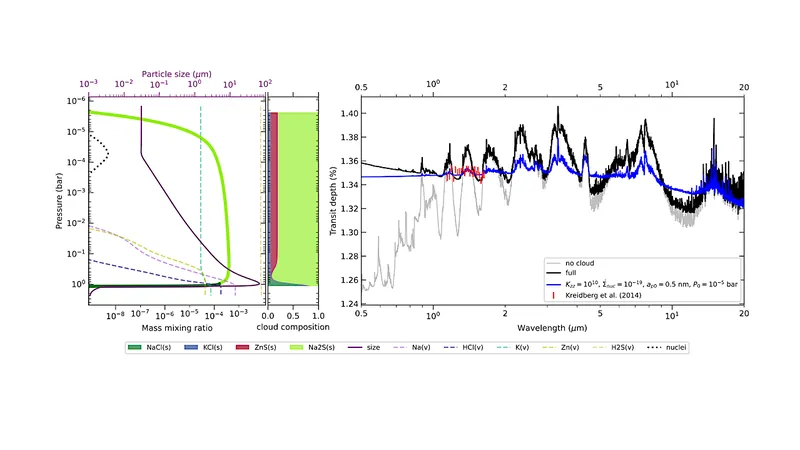
Shocking Discovery: Dietary Fat Alone Might Not Be the Culprit Behind Metabolic Changes!
2024-10-04
Groundbreaking Study Challenges Conventional Beliefs
A groundbreaking study from researchers at the German Institute of Human Nutrition Potsdam-Rehbruecke (DIfE) and the German Center for Diabetes Research (DZD) has revealed that dietary fat alone may not trigger changes in the hypothalamus, a key brain region that regulates food intake and energy balance. These findings challenge conventional beliefs about the impacts of high-fat diets on metabolic health.
High-Fat Diets and Metabolic Disorders
High-fat diets have long been associated with weight gain and increased risk of metabolic disorders like diabetes. Research has shown that such diets can induce modifications in neuronal connectivity within the hypothalamus, potentially leading to disrupted energy homeostasis. However, previous studies fell short of isolating fat as the sole factor responsible for these changes, raising questions about the effects of other nutrients, particularly sugar.
A New Study Unveils Surprising Results
In a fresh study published in the journal Scientific Reports, researchers sought to clarify the role of fat by administering a high-fat, low-sugar diet to male and female mice over a period of 48 hours. This approach was particularly significant because many earlier studies focused exclusively on male subjects, leaving the potential differences in response between sexes inadequately explored.
Unexpected Findings on Neuronal Activity
The results were surprising: the anticipated decline in the activity of AgRP (Agouti-related peptide) neurons—known to stimulate hunger—was not observed in either male or female mice consuming the high-fat diet. This unexpected outcome suggests that dietary fat might not be the principal factor influencing changes in this critical brain region.
A Closer Look at Nutrient Interactions
Instead, researchers suspect that other components of the mice's diet, such as sugars, could have a more pronounced effect on the brain's neuronal pathways. This finding opens up new avenues for investigating how different macronutrients interact within the brain and influence metabolism.
Future Research Directions
As a consequence of this study, the research team is now gearing up for additional experiments to explore the specific roles of individual macronutrients in inducing neuroanatomical and functional transformations in the hypothalamus. They aim to uncover the intricate dietary influences on our brain’s circuitry, which could eventually lead to groundbreaking interventions in treating metabolic diseases.
Implications for Dietary Recommendations
The implications of this study extend beyond academic curiosity; they may reshape dietary recommendations for individuals at risk of obesity and metabolic disorders, suggesting a more nuanced view where the synergy of dietary components plays a crucial role. Could it be time to rethink our nutritional approach? Stay tuned as we await further revelations from ongoing research!


 Brasil (PT)
Brasil (PT)
 Canada (EN)
Canada (EN)
 Chile (ES)
Chile (ES)
 España (ES)
España (ES)
 France (FR)
France (FR)
 Hong Kong (EN)
Hong Kong (EN)
 Italia (IT)
Italia (IT)
 日本 (JA)
日本 (JA)
 Magyarország (HU)
Magyarország (HU)
 Norge (NO)
Norge (NO)
 Polska (PL)
Polska (PL)
 Schweiz (DE)
Schweiz (DE)
 Singapore (EN)
Singapore (EN)
 Sverige (SV)
Sverige (SV)
 Suomi (FI)
Suomi (FI)
 Türkiye (TR)
Türkiye (TR)